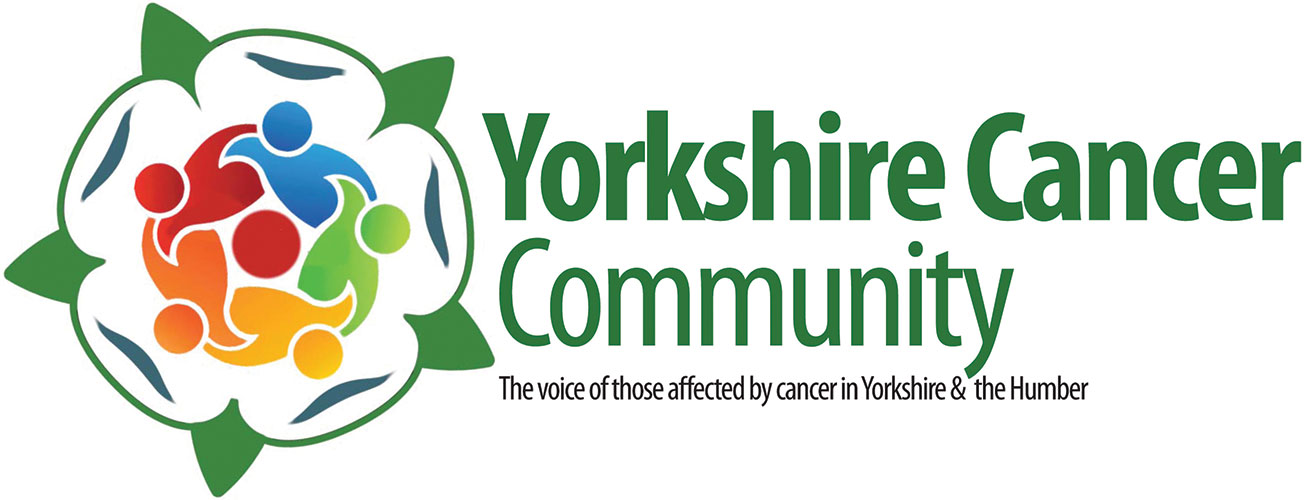The Presentation – an introduction to Cancer Clinical Trials by Andy Wilson of Yorkshire Cancer Research, was delivered at our Annual General Meeting at Church House, Leeds on 20/06/19.
The following information is taken from http://www.westyorksrd.nhs.uk which is an excellent resource for finding out more information.
Health Research and the Public
95% of people said it was important to them that the NHS carries out clinical research.
Results from a Census wide consumer poll of 3,000 people in England, commissioned by National Institute for Health Research (NIHR) Clinical Research Network in September 2014.
Getting patients involved in research
Research can take many forms. These can be an intervention, for example, a drug or another treatment, or a new way of using an existing treatment. A study may be qualitative, which might involve being interviewed or answering questionnaires. This can collect information about how people feel about an NHS service or what their experiences are of a service or treatment. People are often happy to volunteer to take part in health research as they feel they can give something back.
As well as being participants, in research studies, patients can be involved in other ways:
- Consulting on studies: it is important that researchers have involved patients right from the start
- Sharing findings: it’s important that the findings of a research study are shared with the patients who were part of the study as well as being available to the public
- Getting involved: if you have an idea which you think should be the focus of a study, you can feed into possible future studies
See here for further information
- Involving patients in research: Involve (http://www.invo.org.uk/)
- Submit suggestions for research studies: The National Institute for Health Research (http://www.nets.nihr.ac.uk/identifying-research/help-us-shape-research)
- How to find a clinical trial: https://www.cancer.gov/about-cancer/treatment/clinical-trials/search/trial-guide
The following platforms are designed to enable patients and the public greater access and awareness to research and research opportunities:
- Be Part of Research – https://bepartofresearch.nihr.ac.uk/
- People In Research – https://www.peopleinresearch.org/
We will post new opportunities for getting involved here
Paul Carder
A member of Yorkshire Cancer Community since September 2016
Paul is Head of Research for the West Yorkshire Research & Development team, working as part of the NHS West Yorkshire Integrated Care Board (ICB)
Research holds the key to delivering continuing sustainable improvements within the NHS. The West Yorkshire Research & Development team works closely with partners from academia and the health sector to increase evidence-based innovation and knowledge exchange within clinical and care settings
We are very fortunate to have Paul as a member of the Community. Not only is he a great advocate for patient involvement in research, but he is also able to help us put patients in touch with researchers.
He explained that patients should be involved at every level of a research study. It is no use involving them at the end. There needs to be real engagement from the design stage, through each and every stage. Funders are looking to see that proposals are co-designed and co-produced in partnership.
To help get an understanding of the complexity involved, Paul talked through a simplified guide to the different research stages:
1. Development – researcher develops the idea, involving colleagues, experts, statisticians and patient groups . Look for funding among various funding bodies such as the National Institute for Research, Yorkshire Cancer Research, Joseph Rowntree, British Heart Foundation.
2. Review – funding bodies decide to fund, or not. There is a governance process for every project to ensure it is robust and safe, complies with data protection, research ethics and so on. The Health Research Authority, the regulator, must confirm that the study is suitable, feasible, scientifically sound and complies with all current regulatory requirements.
3. Delivery –At this point, the piece of work will not go ahead unless the researcher can find an NHS organization where they can carry out the research, not all parts of the NHS can carry out all the potential research there is. Patients will not be invited to get involved with the study until they have had all their questions answered and are fully informed.
4. Knowledge transfer/dissemination – the research is written up and published. The work is judged not just on its publication, but the impact of the findings and whether it can readily be adopted into the NHS.
The process is lengthy and can take many months from inception to review. There is also enormous competition for funding which means that although patients get involved in many project applications, many of these, will never go any further than an initial application.
For further information and examples of local research studies see www.westyorksrd.nhs.uk

